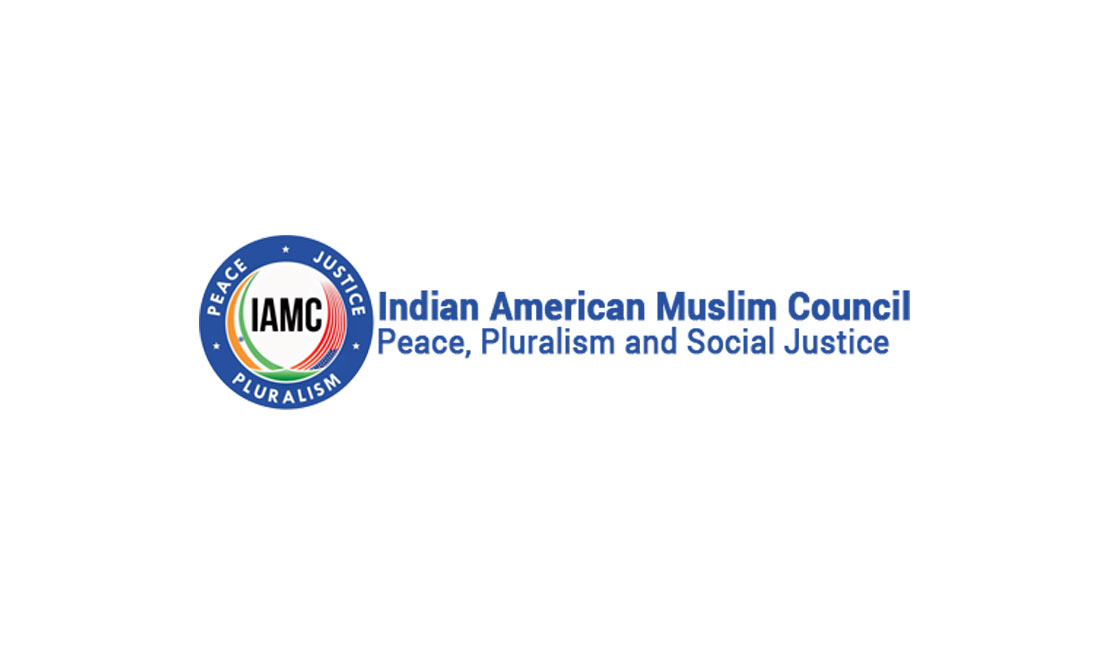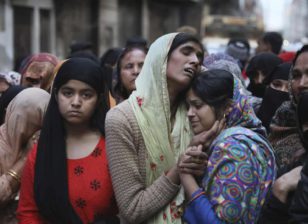How mob lynchings tore two villages apart: Ground report

When the Supreme Court of India had to ask the Centre to frame a law to end mob lynching, it was clear that somewhere the authorities concerned or the people responsible were not doing their job.
Hapur mob lynching victim, Qasim, was seen being dragged by the mob in the presence of police. Rakbar Khan, injured by a lynch mob in Alwar was taken to the hospital after the police dropped off the cows at the animal shelter.
Bisada village in Dadri, 50 km from Delhi, became infamous across India after Mohammad Akhlaq was killed here by self-proclaimed cow vigilantes in September 2015.
ALSO READ | Cow smuggling, vigilantism goes on unabated in Alwar despite efforts from police
They had alleged that Akhlaq had kept beef in his fridge. The family’s plea that it was goat meat and that their son worked in the Air Force fell on deaf ears.
India Today TV visited the village almost three years later. Virpal Singh, a retired principal, said, The situation has returned to normal but no one can forget what happened to Akhlaq.
Akhlaqs family had to leave the village after the attack, but Virpal Singh said that many other Muslim families have since returned and co-existed with their neighbours from the majority community.
ALSO READ | Dalit man lynched in Gujarat: How India is grappling with violence
Villagers also helped Muslim families arrange their wedding ceremonies. Whatever happened was wrong and should not have happened.
However, there are others in the village who dont agree with Virpal.
Dharam Singh, 72, said, Whatever happened was done by locals not outsiders, but if someone does something wrong, then such incidents will happen.
His insinuation was that Akhlaq was attacked because he and his family were consuming cow meat. In western Uttar Pradesh’s Hapur, the lynching of Mohammad Qasim last month is still fresh in the resident’s memory.
The video of Qasim being brutally thrashed by the mob even as he begged for water went viral, followed by visuals of his body being dragged like an animal.
In the FIR filed by the Hapur police, Qasim’s death was cited as a case of road rage.
Qasim’s family and eyewitnesses, however, are convinced it was a planned conspiracy with local residents from a neighbouring village targeting him after accusing him of being a cow slaughtered.
Qasim’s brother, Salim told India Today, Such incidents have affected the social harmony among Hindus and Muslims. He accused the BJP-led government of encouraging such incidents of mob lynching.
ALSO READ | Mob lynching India’s shocking war within, a challenge Narendra Modi must confront
The locals in Hapur living in Qasim’s neighbourhood say things have changed after the lynching incident.
Qasim’s neighbours from the Muslim community say the attitude of their Hindu neighbours has changed towards them.
Nowadays, Muslims are being seen with suspicion and we are being called cow slaughterers, said Junaid, a close friend of Qasim’s.
Junaid and another neighbour, Mohammad Nasir, both say that Muslims are being deliberately targeted as part of a conspiracy.
Salim, Junaid and Nasir all assert that Muslims and Hindus have to co-exist in this country in order to thrive. They also say that they felt no enmity towards the Hindus in general as those who lynched Qasim were a small group of people.
However, Qasim’s brother Salim said he is scared because those accused of the lynching were all out on bail within 15 days.
“Until law treats everybody with an even hand irrespective of religion, the differences in the society will escalate further,” said Naimuddin, a Hapur resident. Muslims are citizens of this country. We will remain Indian. The law should not discriminate.


